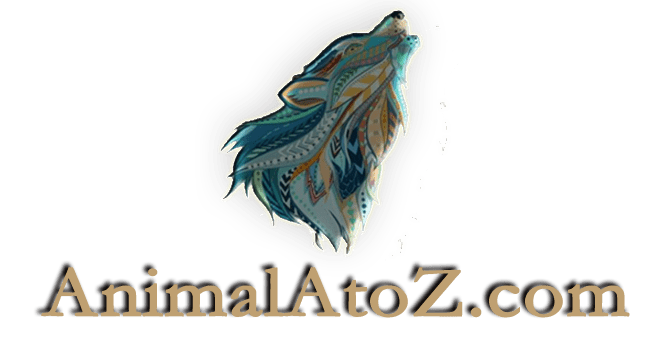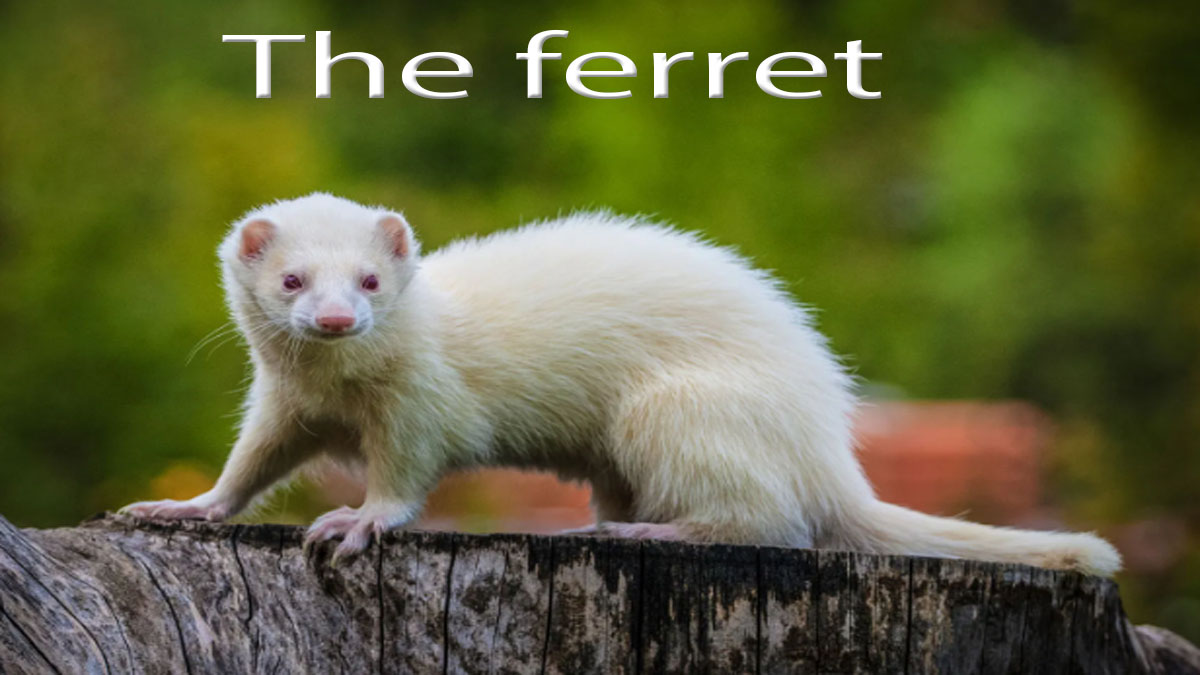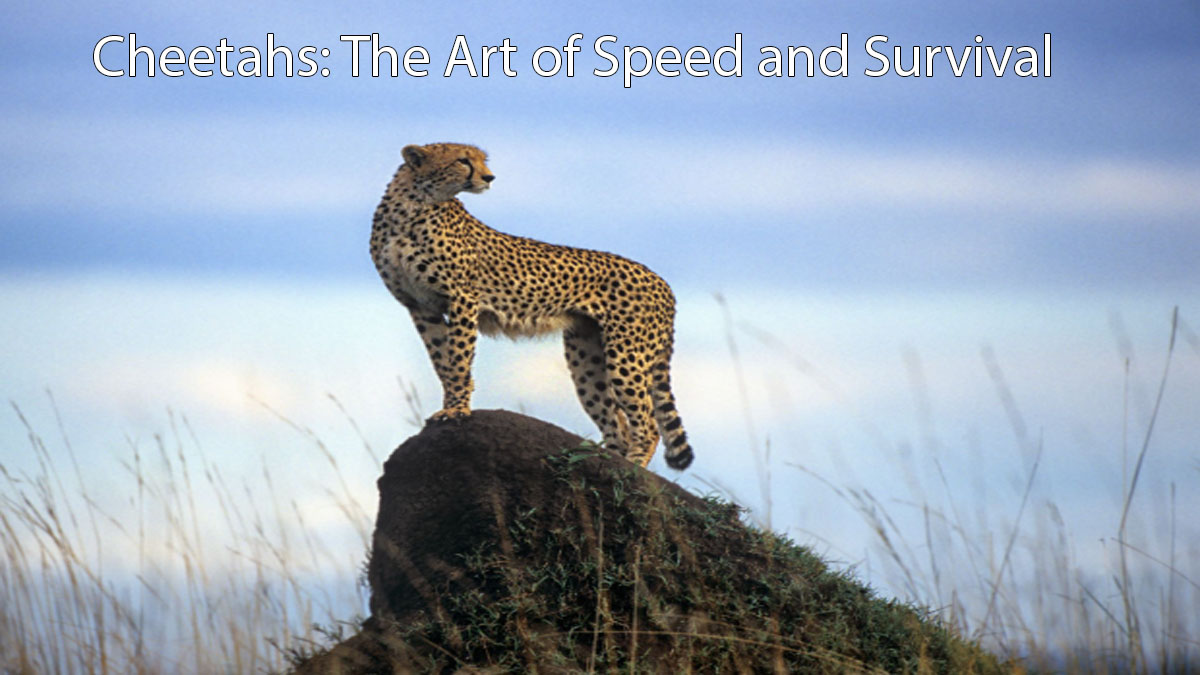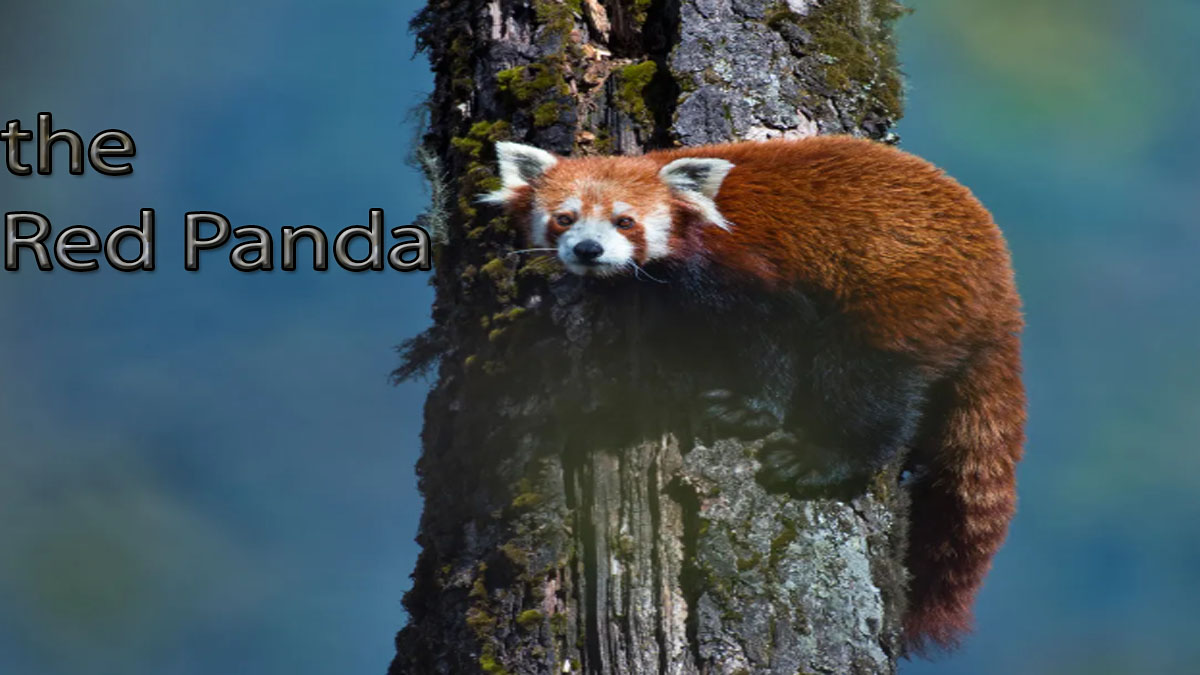Ferrets, with their playful antics and charming personalities, are becoming increasingly popular as pets. These small, furry creatures have a rich history and unique needs that set them apart from other household pets. Whether you’re considering adopting a ferret or simply want to learn more about these fascinating animals, this comprehensive guide will cover everything you need to know.

History and Origins
Ferrets have been domesticated for over 2,500 years. Originally used for hunting and pest control, ferrets’ ability to maneuver into tight spaces made them valuable for driving rabbits and rats from their burrows. Historical records indicate that the ancient Romans, Egyptians, and Greeks used ferrets for hunting purposes. In mythology and culture, ferrets are symbols of curiosity and ingenuity, often featured in folklore and stories from various cultures.
Physical Characteristics
Ferrets are small but sturdy animals, usually weighing between 1-5 pounds and measuring about 20 inches in length including their tails. They have long, slender bodies, which allow them to pass through narrow tunnels and crevices. Ferrets’ fur comes in a variety of colors, including sable, albino, black, and cinnamon. Their flexible spine is a unique physical trait that contributes to their agility and playful behavior.

Behavior and Personality
Ferrets are known for their energetic and mischievous behavior. They are extremely curious animals who love to explore their surroundings, often accessing everything within reach. Ferrets communicate through a range of sounds, such as duking (a happy clicking sound), hissing, and howling. They also use body language, such as wagging their tails when they are excited or doing the “weasel war dance” when they are particularly playful. Ferrets can form strong bonds with their human caregivers and enjoy interacting with them through play and cuddles.
Diet and Nutrition
Ferrets are obligate carnivores, meaning their diet must consist mainly of animal protein and fat. In the wild, ferrets eat whole prey, such as small mammals and birds. For pet ferrets, high-quality professional ferret food is recommended, as it is specifically formulated to meet their nutritional needs. Treats such as cooked eggs, meat, and some commercial ferret treats can be given in moderation. It is important to avoid feeding ferrets sugary foods, dairy products, and anything high in carbohydrates, as these can lead to serious health problems.
People also search for
| Ferrets for sale | Ferret class |
| Ferret species | 50 facts about ferrets |
| Where do ferrets live | Ferrets as pets |
| Ferret in Hindi | Ferret species name |
| Stoat | Weasel |
Housing and Environment
A ferret’s cage should be spacious, with multiple levels and plenty of hiding places to explore. The cage should have soft beds, swings, tunnels, and toys to keep the ferret entertained. Ferrets need several hours of play outside their cage each day in a ferret-proof area. This means there are no small spaces they can get stuck in, no poisonous plants or substances they can swallow, and no objects that can be easily knocked over or broken.

Health and Wellness
Ferrets can be prone to certain health problems, such as adrenal disease, insulinoma (a type of pancreatic cancer), and digestive problems. Regular veterinary check-ups are essential to catch and treat any health problems early. Ferrets should be vaccinated against rabies and canine distemper, as these diseases can be fatal. Regular grooming is also important, including brushing their fur, trimming their nails, and cleaning their ears. Spaying or neutering pet ferrets can help prevent certain health problems and reduce unwanted behaviors.
Socialization and Training
Ferrets are social animals that thrive on interaction with both humans and other ferrets. Having more than one ferret can provide companionship and prevent loneliness. Bonding with a ferret takes time and patience. Spend time playing with them, offering treats and gently handling them to build trust. Ferrets can be trained to use the litter box, and they can also learn tricks and commands with positive reinforcement techniques. Addressing behavioral problems such as biting or nipping involves consistent training and understanding the root cause of the behavior.

Legal Considerations
Before adopting a ferret, it is important to check local rules and laws, as ferret ownership is prohibited in some areas. For example, in California and Hawaii, it is illegal to own a ferret without a permit. Understanding and following these rules is essential to avoid legal problems and ensure your ferret’s well-being. When traveling with ferrets, be sure to follow the guidelines and obtain any necessary documentation such as health certificates and proof of vaccinations.
Ferret Fun Facts and Myths
Ferrets have unique and attractive traits that make them stand out. Did you know that a group of ferrets is called a “occupation”? Or that ferrets can sleep up to 18 hours a day? Despite their long sleep duration, they are extremely active during their waking hours. A common myth is that ferrets are rodents, but they are actually part of the Mustelidae family, which includes weasels, otters, and badgers. Another myth is that ferrets have a strong odor, but with regular cleaning and proper care, their odor can be reduced.

Conclusion
Owning a ferret can be a rewarding experience full of fun and companionship. However, it also requires commitment to meet his unique needs and provide appropriate care. Ferrets are intelligent, social and playful animals that can bring a lot of joy to their owners. If you are considering adding a ferret to your family, be sure to do thorough research and prepare to create a safe and nurturing environment for your new pet. Feel free to share your ferret stories and experiences in the comments below — let’s celebrate these amazing creatures together!
Read Our More Posts: CLICK HERE
READ MORE ABOUT: CLICK HERE
FAQ People also ask
Is ferret legal in India?
I know that buying and selling of wild animals of Indian origin is prohibited but non-indigenous species of exotic animals such as iguana, African ball python, sugar glider, tricolor squirrel, memorset monkey, savannah cat or domestic servant are not prohibited. Cat, ferret, fennec fox, etc.
Are ferrets a good pet?
They are lively, curious and fun-loving pets and they are very social. This means they can make great pets, but they are not the easiest to handle and can bite hard if startled. So they don’t always make good pets for children.
Which kind of animal is a ferret?
Ferrets belong to the weasel family (Mustalidae), which includes polecats, stoats, and ermines. Domestic ferrets are mostly descended from European polecats. Ferrets were domesticated about 2,500 years ago. Historically, ferrets were used to hunt rabbits and rats.
Are cats and ferrets related?
Contrary to popular belief, ferrets are not rodents. They are not closely related to other small animals found in pet stores such as rats, mice, hamsters and guinea pigs. Instead, ferrets are more closely related to carnivores such as dogs and cats (broadly speaking).
Is a mongoose a ferret?
Although they have similarities, mongoose and ferret are two different animals that come from different families. The mongoose belongs to the Herpestidae family, which also includes meerkats. This family is descended from animals like cats.











